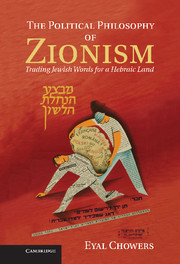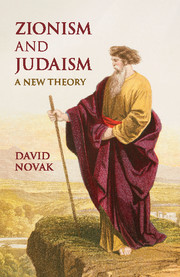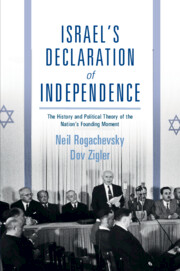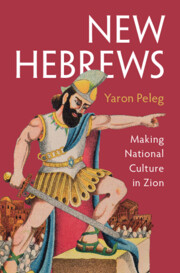The Political Philosophy of Zionism
Zionism emerged at the end of the nineteenth century in response to a rise in anti-Semitism in Europe, to a deteriorating economic predicament of Jews in Eastern Europe, and to the crisis of modern Jewish identity. This novel, national revolution aimed to unite a scattered community defined mainly by shared texts and literary tradition, into a vibrant political entity destined for the Holy Land. As this remarkable book demonstrates, however, Zionism was about much more than a national political ideology and practice. This movement pictured time as wholly open and aesthetic in nature, attempted to humanize space through collective action, and enlivened the Hebrew language but stripped it of its privileged ontological status in Judaism. By tracing the origins of Zionism in the context of a European history of ideas, and by considering the writings of key Jewish and Hebrew writers and thinkers from the nineteenth and twentieth centuries, the book offers an entirely new philosophical perspective on Zionism as a unique movement based on intellectual boldness and belief in human action. In counter-distinction to the studies of history and ideology that dominate the field, this book also offers a new way of reflecting upon contemporary Israeli politics.
- A philosophical analysis of Zionism offering alternative perspectives on the Jewish aspiration for a homeland
- Reflections on the role and reinvention of the Hebrew language with a challenge to those who devalue its significance in the modern political arena
- A sophisticated and thoughtful account by a leading Israeli scholar
Reviews & endorsements
"This work offers a novel explanation of the origins of Zionism that goes beyond the historical and ideological perspectives, offering valuable insight on contemporary Israeli politics."
--MIDDLE EAST JOURNAL
"...Chowers offers an elaborate and nuanced account of Zionism’s anti-intellectualism.... what Chowers produces, in the end, is yet another call to undo the collateral damage caused by the Zionist “total revolution” by revisiting the Jewish bookshelf. This will lead, he hopes, to the creation of “a more enduring community in Israel.”
Allan Arkush, Binghamton University, Israel Studies Review
"This book offers a valuable corrective to the standard narratives of the intellectual origins of Jewish nationalism."
Journal of Israeli History
Product details
February 2012Hardback
9781107005945
288 pages
229 × 152 × 17 mm
0.56kg
17 b/w illus.
Available
Table of Contents
- 1. Jews and the temporal imaginations of modernity
- 2. The Zionist temporal revolution
- 3. The end of building
- 4. Hebrew and politics
- 5. Democratic language and Zionism.





